Respect
the Ocean
![]()
Marine Protected Areas
There is strong international interest among the NGO, policy, and philanthropic communities to create protected areas in our oceans, underscored by initiatives to protect the waters of remote island nations, the high seas, and establishing targets to protect 30% of our oceans by 2030.
Large-scale marine protected areas over 100,000 km2 connect large pelagic ecosystems, enhance ecological processes, and promote sustainable fisheries. One of the greatest benefits of this tool is the potential to conserve highly migratory species like sharks, which travel long-distances spanning multiple countries.
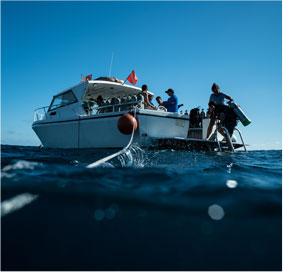
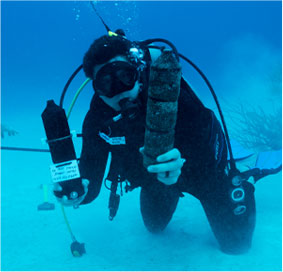
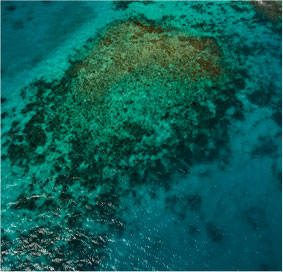
The Greater Caribbean contains the highest number of marine species in the Atlantic Ocean, but has been grossly overlooked in the marine protected area discussion. As a result, sharks are highly threatened in the region, yet certain areas where they are protected from fishing still hold strong populations and represent a window to previous abundance. These species have also been shown to contribute hundreds of millions of dollars to local economies each year when used as a non-consumptive resource. As a result, many island nations have begun or are interested in creating species-species marine protected areas, such as shark sanctuaries. These marine parks typically prohibit the commercial fishing of all sharks, the retention of sharks caught as bycatch, and the possession, trade, and sale of sharks and shark products within a country’s full exclusive economic zone.
Of the current 33 large-scale marine protected areas around the world, there are none in the Caribbean Sea. Creating marine protected areas in the region are both an opportunity and a necessity for preserving biodiversity and promoting healthy oceans for human benefit.
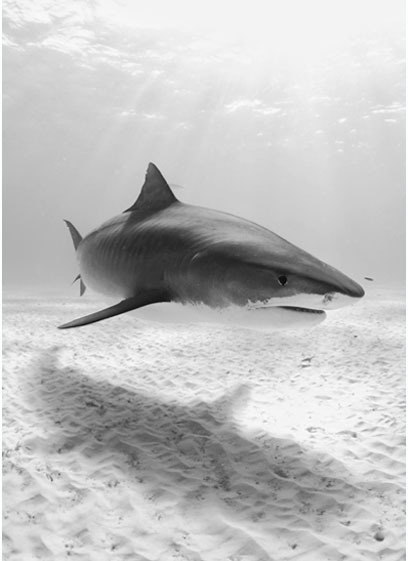
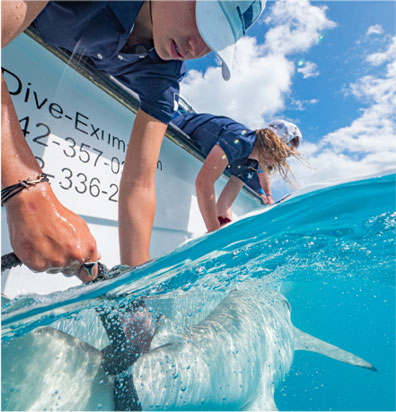
Impact
This project will drive impact in the following ways:
- Establishment of international trade restrictions and treaties to benefit sharks
- Feeding of empirical data into plans to reduce overfishing for sharks
- Threat assessments for focal species are lessened (recovery), or they are elevated to raise new awareness to risk
- Critical knowledge gaps for at-risk species are filled










